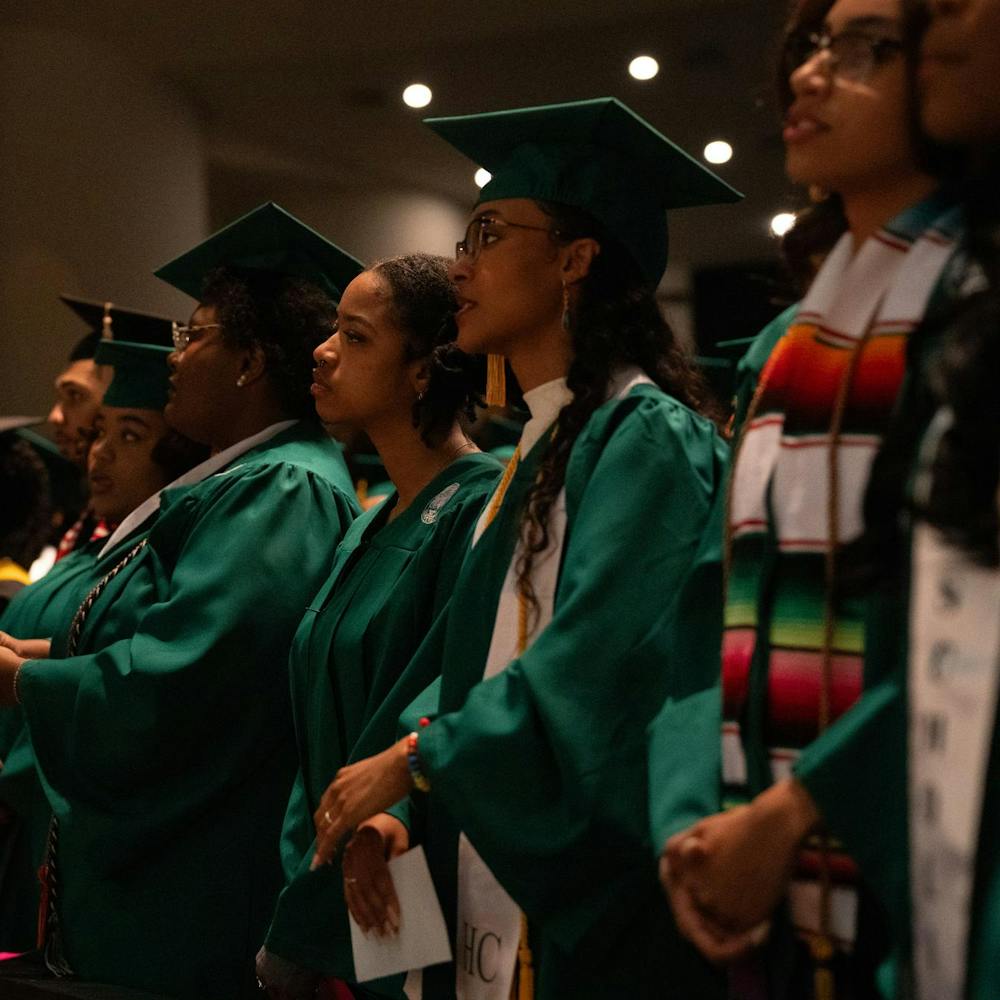The future of college media, including MSU journalists, and their First Amendment rights could be at stake after a recent court ruling at Eastern Michigan University.
The court ruled in favor of Eastern Michigan’s Counseling program, which dismissed a student counselor for refusing to work with a gay student for religious reasons.
The court used the famous Hazelwood School District v. Kuhlmeier case, which celebrated its 25th anniversary Sunday. In the Hazelwood case, the Supreme Court ruled a high school can censor what students publish if it interferes with education.
Frank LoMonte, the executive director of the Student Press Law Center, said applying Hazelwood to college media, such as the Eastern Michigan case, might mean censorship of controversial material.
“It just bleaches all of the substance out of journalism,” he said. “… It winds up being a school newsletter that’s nothing more than a public relations (piece). It’s not the way we serve the needs of the audience.”
Molly Cassidy, editor-in-chief of alternative publication Spartanedge, said if universities hope to teach students what the real world is like, they shouldn’t censor college media.
“If anything, this should be the time now that (college journalists) can speak freely as we want,” she said.
LoMonte said journalists have been safe from Hazelwood’s rulings because most college journalism is done outside of class. This could change if lawmakers pass legislation applying Hazelwood to university cases, he said.
Journalism and political science senior Courtney Zott, editor-in-chief of MSU’s yearbook, the Red Cedar Log, said she remembers learning about the Hazelwood case in her journalism ethics class.
She said she understands censoring high school journalists because they might not understand as much about journalism ethics as college students, but censorship should not apply to university media.
“One of the purposes of college media is to be the voice of students, and sometimes that voice doesn’t always coincide with the university’s voice,” she said.
Cassidy said she’s opposed to legislation allowing school officials to monitor university journalism. Censorship is not something she would take lightly.
“We’re students writing for students and the East Lansing community, so I think it’s important we choose what goes in our publication,” Cassidy said.
Support student media!
Please consider donating to The State News and help fund the future of journalism.
Discussion
Share and discuss “Applying Hazelwood case to college media could mean changes for students” on social media.






